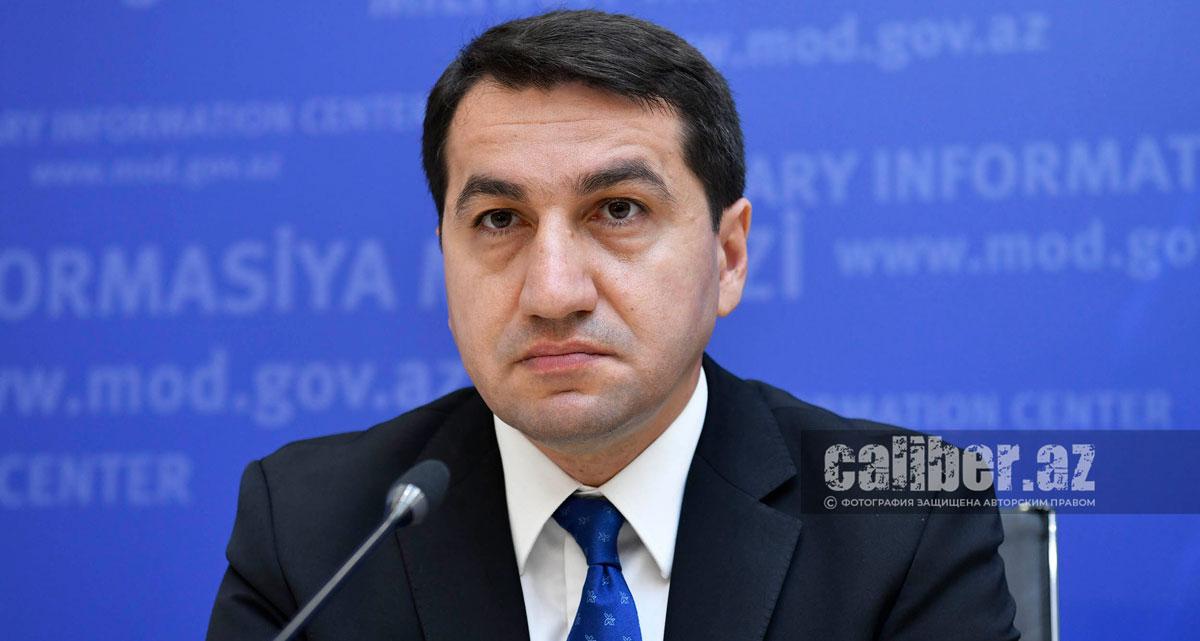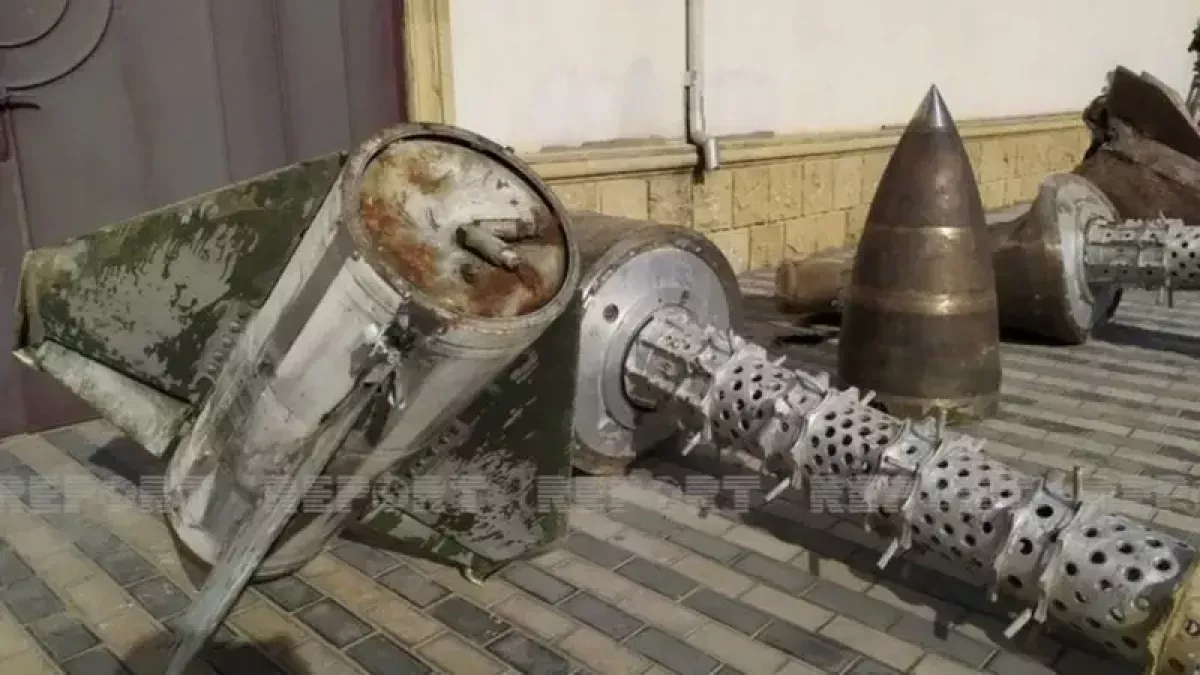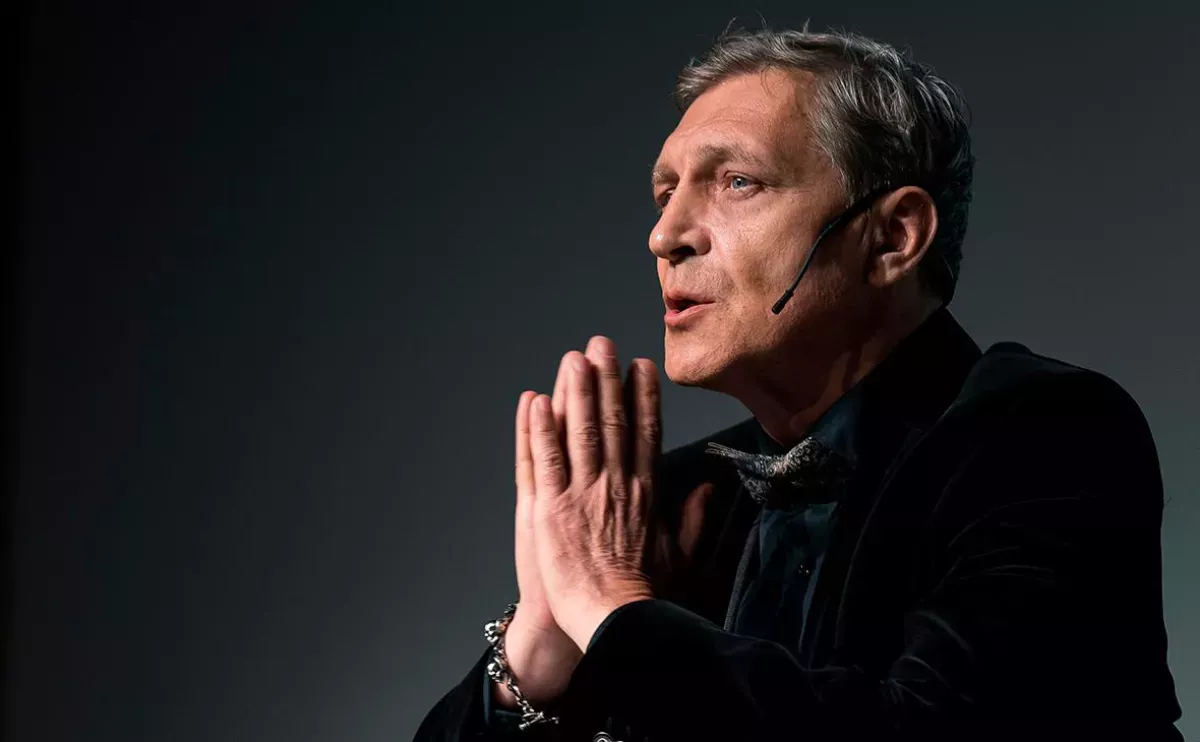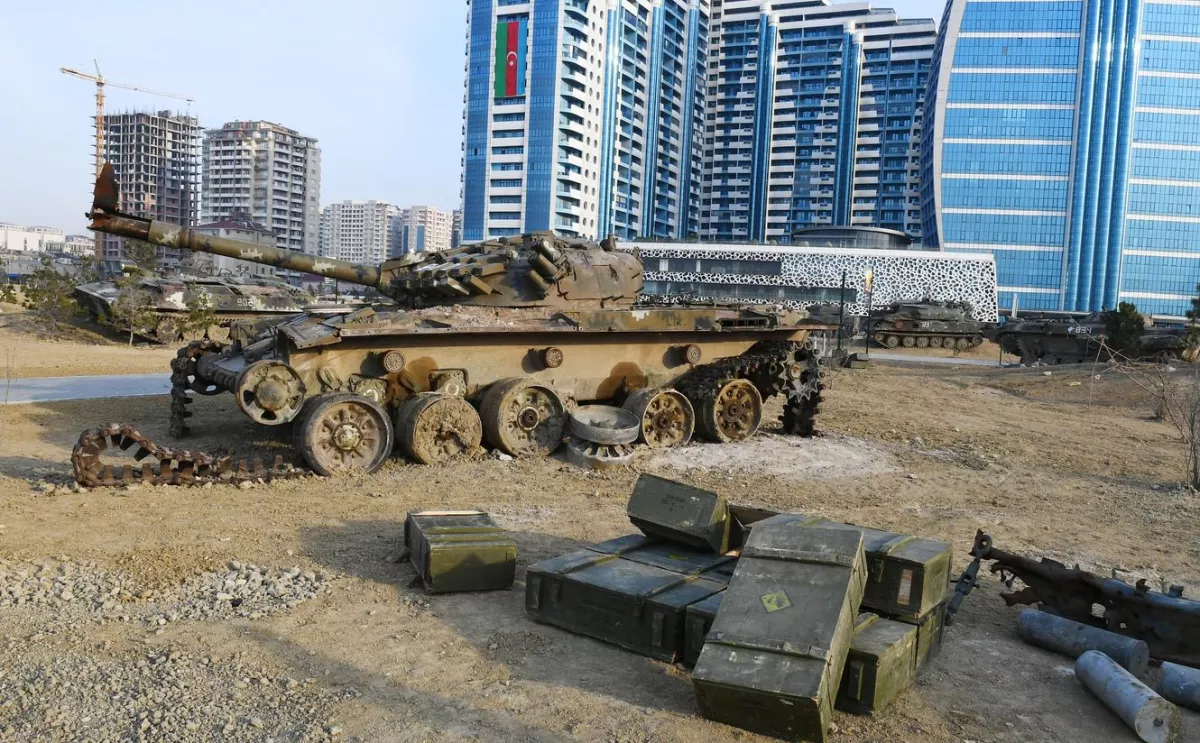Imperial dream crushed by Azerbaijan’s "Iron Fist" Baku forgot nothing
As the fifth anniversary of the 44-day Patriotic War approaches, it is worth recalling the events that preceded it. A careful analysis of that period makes it clear that Russia was actively preparing Armenia for war, arming its “outpost in the South Caucasus” to the teeth.
To be more specific, between July 17 and mid-August 2020, over 400 tons of military cargo were delivered from Russia to Armenia by air, passing through the airspace of Kazakhstan, Turkmenistan, and Iran. Azerbaijani President Ilham Aliyev revealed this during a phone call with Vladimir Putin in mid-August 2020.
The Russian side, of course, rejected these well-founded accusations. At the time, Russian Defense Minister Sergey Shoigu claimed that the Il-76 flights were “for supplying and rotating personnel at Russia’s 102nd base in Gyumri and for infrastructure construction, not for delivering weapons to Armenia.” These words reeked of blatant, almost primitive falsehood.

Such an official response clearly did not satisfy Baku. On August 29, 2020, Hikmet Hajiyev, Assistant to the President of Azerbaijan and Head of the Foreign Policy Department of the Presidential Administration, told journalists that Azerbaijan “expects clarification on the grounds for the continued intensive arming of Armenia” and that Baku was “not satisfied with the claim that the planes were supposedly transporting construction materials.”
Subsequently, we repeatedly saw Russia’s willingness to deny the obvious, including in the case of a plane operated by AZAL on the Baku–Grozny route, which was shot down by Russian air defences, killing 38 people. It is hardly surprising that, for the shocking crimes committed against Ukraine over the three and a half years since the start of the full-scale Russian invasion, the Russian authorities refuse to acknowledge any responsibility.

However, the truth cannot be hidden. After the 44-day war had ended, on April 2, 2021, Baku publicly displayed fragments of an Iskander missile used by Armenia against Azerbaijan during the war. These fragments were discovered on March 15 in Shusha during a clearance operation conducted by ANAMA personnel. Official Baku demanded explanations from Yerevan and Moscow. Once again, the response was silence.
It is worth recalling some statements by Russian journalist and publicist Alexander Nevzorov, made while commenting on the Victory Parade in Baku in the December 2020 episode of his program Napoval. He assessed and explained the reaction of certain forces in Russia to the new reality: Azerbaijan’s growing military and political strength.
“Through the streets of Baku, they paraded the twisted and blackened Russian dream. Russian patriots felt it most sharply. For them, Victory Day in Azerbaijan was a deadly spectacle. It is no coincidence that not a single frame appeared on Russia’s main TV channels. It wasn’t about a defeated ally. Not about Armenia, which Baku now tramples on. No—Moscow doesn’t actually care about Armenia. There are no cannibals, poisoners, or maniacs in its leadership. In other words, Moscow has no real reason to love Armenia.
It wasn’t Armenia’s military shame that pained Moscow. The reason for the pain was something entirely different—and it was a fierce pain. The issue was that the Russian dream, the national idea of Russia, had been paraded through Baku in a completely degraded and charred form. Azerbaijan displayed all the equipment that Moscow had quietly been supplying to Karabakh over recent years—destroyed and burned. Everything that had been proudly showcased at Moscow’s May 9 parade was now shown in Baku after real combat. Azerbaijan revealed the true cost and condition of Russia’s so-called ‘superior’ military technology: S-300s, S-400s, Pantsirs, Grads, Triumphs, tanks, armoured scout cars, armoured personnel carriers, infantry fighting vehicles —everything Russia prays to,” Nevzorov stated.

And he spoke the truth. Anyone visiting the War Trophy Park in Baku can easily verify the accuracy of his statement.

We, in turn, would like to recall that Russia has consistently armed Armenia without restraint. There is ample evidence to support this. In 1997–1998, General Lev Rokhlin, then chairman of the State Duma Defense Committee, initiated an investigation into the illegal arms supplies from Russia to Armenia between 1992 and 1996.
According to contemporary reports and subsequent summaries, weapons worth approximately $1 billion were illegally transferred from Russian units and depots to Armenia and the then-occupied territories of Azerbaijan, i.e., to the separatist regime.
All of this demonstrates that Russia has consistently supported Armenia—politically, economically, and through arms supplies—seeking by any means to prevent the restoration of our country’s territorial integrity and the triumph of international law. This is precisely why Azerbaijan’s victory in the 44-day war and the brilliantly executed counter-terrorism operation in Karabakh were met with such hostility in Russia. Moscow realised that it was not only Armenia that had been defeated, but Russia itself, which had long intended to use the Armenian-Azerbaijani conflict as a lever of pressure on official Baku. For the same reason, Russia is now in a state of frenzy, reacting with alarm as Azerbaijan and Armenia move closer to signing a peace treaty.








